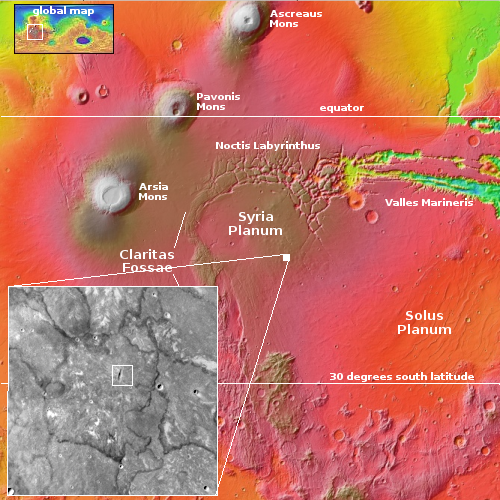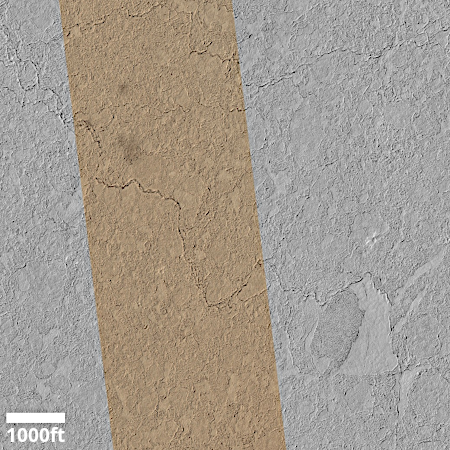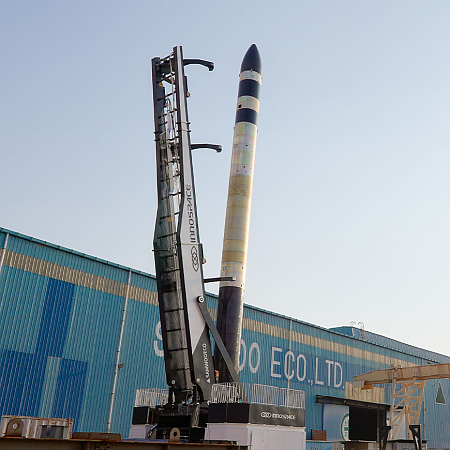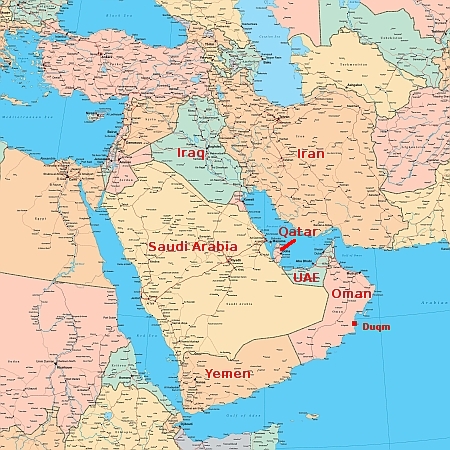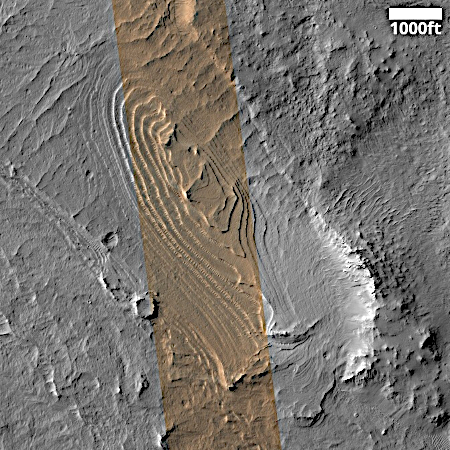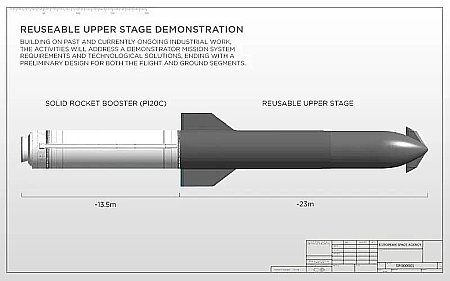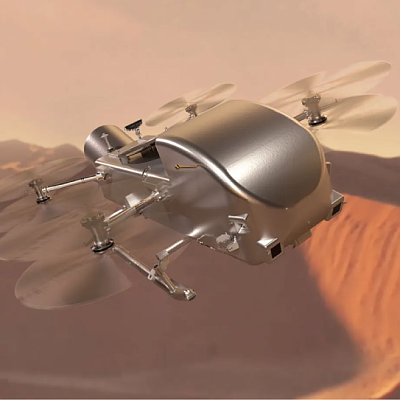October 22, 2025 Quick space links
Courtesy of BtB’s stringer Jay. This post is also an open thread. I welcome my readers to post any comments or additional links relating to any space issues, even if unrelated to the links below.
- Inversion Space touts its two autonomous drop test vehicles, Jaws and Big Tuna
The company has been using them in helicopter drops to test targeted precise reentry that its proposed Arc orbital capsule will require.
- Airbus, Thales, and Leonardo reportedly agree to merge their satellite divisions
The article speculates, without solid evidence, that the combined company will build a satellite constellation to compete with Starlink. Jay instead speculates (more accurately) that it “will will just lobby for laws that ban Starlink or tax the hell out of it.” After all, that is the European way in the 21st century.
- Chang’e-6 lunar sample is “a type of meteorite known as Ivuna-type carbonaceous chondrite”
What makes this find significant is that these types of primitive meteorites are very fragile, and almost never survive reentry on Earth. Finding this sample on the Moon will help scientists better determine the overall make-up of the solar system’s asteroid population, which will then allow them to better construct its early formation process.
Courtesy of BtB’s stringer Jay. This post is also an open thread. I welcome my readers to post any comments or additional links relating to any space issues, even if unrelated to the links below.
- Inversion Space touts its two autonomous drop test vehicles, Jaws and Big Tuna
The company has been using them in helicopter drops to test targeted precise reentry that its proposed Arc orbital capsule will require.
- Airbus, Thales, and Leonardo reportedly agree to merge their satellite divisions
The article speculates, without solid evidence, that the combined company will build a satellite constellation to compete with Starlink. Jay instead speculates (more accurately) that it “will will just lobby for laws that ban Starlink or tax the hell out of it.” After all, that is the European way in the 21st century.
- Chang’e-6 lunar sample is “a type of meteorite known as Ivuna-type carbonaceous chondrite”
What makes this find significant is that these types of primitive meteorites are very fragile, and almost never survive reentry on Earth. Finding this sample on the Moon will help scientists better determine the overall make-up of the solar system’s asteroid population, which will then allow them to better construct its early formation process.

